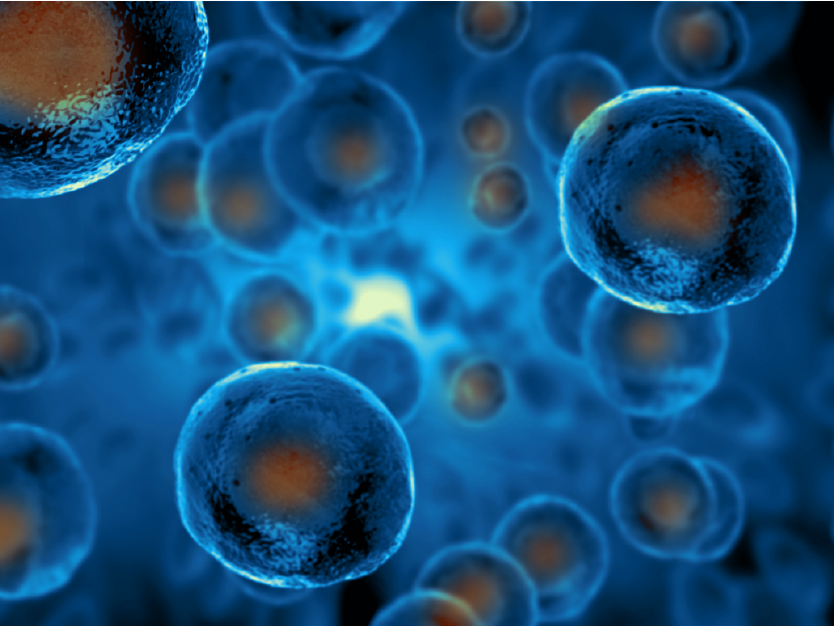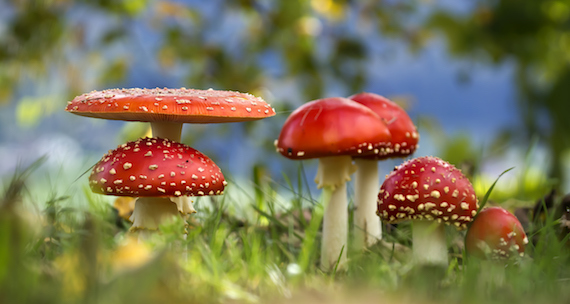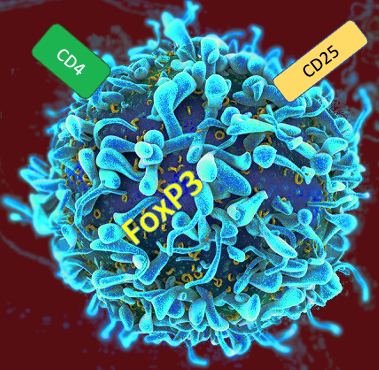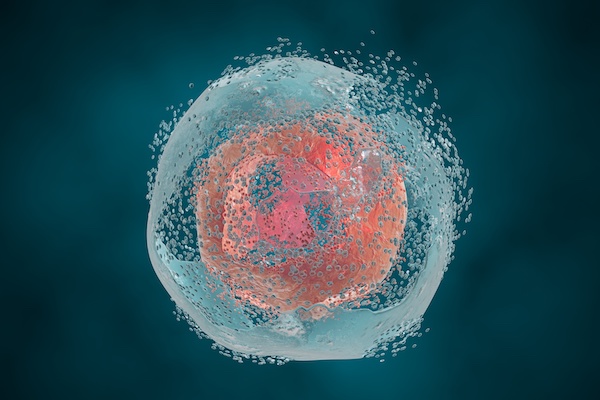As I march slowly toward the twilight of my life, ever more I wake up with aches and pains and can hear the sounds of popping bubble wrap or Rice Krispies drowning in milk every time I make any major movements. Everyone deals with the realization of their own mortality in different ways. Some decide to finally climb Mount Everest or go skydiving. For me, I decided to look into the research behind cellular aging, and how we can make the most of our later years with the power of knowledge and biomedical science. This does remind me of that one episode of Star Trek where Jake and Nog have to get stuff for a mad scientist's cellular regeneration and entertainment chamber, which is supposed to restore the cells to a younger state and keep them from being literally bored to death. If you consider some of the treatments and technology being implemented or proposed these days, it almost seems like Star Trek has inspired yet another advancement beyond just cell phones and Alexa.
It’s that time of the year again where we’re supposed to gather with family and close friends, talk about anything but politics, and eat monstrous amounts of good food throughout the next few days as we celebrate Thanksgiving. I used to joke with my friends that we would all be subjected to tryptophan poisoning, but just as the story about Ben Franklin wanting the national bird to be a turkey is just a myth, we can’t blame our post-feast stupor on just tryptophan either.
As human beings with trillions of cells, each of which has their associated millions of copies of myriad proteins and other biological molecules, it’s something of a miracle that enough of the molecules bump together at the right times to keep us alive and functional. In addition to our own cells, we also coexist with microscopic neighbors, including various beneficial bacteria, while fending off pathogens like disease-causing bacteria, viruses, protozoans, and fungi. We often consider the bacteria and viruses in most human diseases, which invoke our immune systems to fight them to keep us healthy, but it also makes sense that the fungi can affect us as well, a topic in cancer research that is gaining attention.
ABclonal in Action: 10 Scientific Studies Using ABclonal Antibodies
Open collaboration is important for sustainable science, and every new study or publication, no matter the journal or institution, contributes to a greater understanding of biology, for better or for worse. Dozens of prior discoveries funnel into every new breakthrough, so we need to appreciate the years of painstaking labor and thought that go into every new morsel of knowledge. It is very fulfilling when ABclonal products are part of the fuel that drives these studies in diverse fields of biology. With our ABclonal in Action series, we hope to highlight our products as well as the new insights from our customers all over the globe that will become stepping stones for the next generation of cutting-edge bioscience.
My wife and I used to watch House, M.D. starring Hugh Laurie, in which he was a cranky doctor who happened to be a Holmesian genius in diagnosing rare or mysterious diseases. We are fortunate to have doctors who have much better bedside manner, but as an entertainment option, House was a lot of fun. One of the running gags for fans of the show is that the mystery disease of the week is never lupus, except for the one and only time that it was. My fond memories of this show got me to thinking about how difficult it is to diagnose lupus, and about other autoimmune diseases that still remain mysterious and challenging to treat. I decided to find out how modern medicine is approaching this continuing health issue.
Once upon a time when I was a fledgling science nerd in high school, I started learning about the process of apoptosis, which remains to this day the most studied form of cell death in various functions including organismal development and defense against cancer. As an immunologist-in-training, I also learned about the classical complement pathway that the immune system uses to destroy infected cells, and also necrotic cell death or necroptosis (which is full of really gross pictures if you dare to Google it). Of course, I learned about autophagy in graduate school and really appreciate its utility in normal physiology and disease, while very recently I read about ferroptosis as yet another programmed cell death (PCD) pathway. Right around when the Nobel Prize was awarded to recognize the elucidation of PCD, pyroptosis came about as a novel PCD pathway that is continuing to gain steam in its clinical relevance. It seems logical for cells and organisms to have redundant systems in place to clear away damaged and malignant cells before a health crisis can emerge if the cell evades the primary route of apoptosis.








